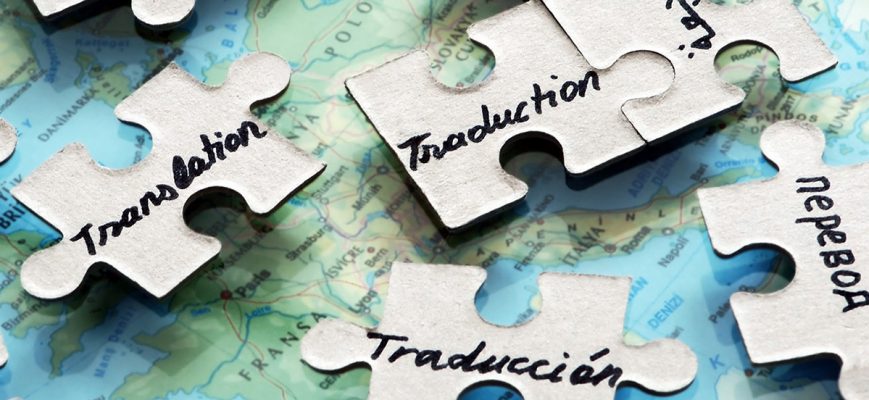Translation Myths and Misconceptions
Translation is one of the professions that people tend to overlook and take for granted. Those of us who don’t hire translators directly, often don’t even consider that someone must have translated our apps or movies into our native language. This has led to some translation myths and misconceptions!
#DiscoverTranslation is a campaign launched by the European Commission to promote the translation profession, and highlight how important it is in our daily life. To find out more about the campaign and what makes translation so important, check out Part One of this article.
To support and promote this campaign, in this article, we will take a look at some of the most common misconceptions people have about translation — the translation myths!
Myth 1: All you need is to be fluent in two languages
This is like saying, ‘all you need to play the piano are ten fingers’, or ‘all you need to dance are two legs!’ Although knowledge of two languages is one of the bases for becoming a translator, translation requires much more than that.
Apart from a thorough knowledge of the language, translation requires extensive knowledge and understanding of the culture and history of the countries where it is spoken. Ideally, this should be paired with in-depth knowledge of the specialised subject — medicine, law, finance — that you are translating.
Translation also involves specific skills that you can only learn through specialised education and dedicated practice.
Myth 2: Computers can replace human translators
Nope, certainly not now, and not in the near future. On the one hand, machine translation has improved greatly in the last few years. If you need to translate a casual email or article to get the gist, machine translation will suffice.
However, there are still a lot of things that computers cannot do, or don’t do well. For instance, understand the target audience and their cultural expectations, translate idioms and expressive language, take into account non-verbal context and nuance, ‘read between the lines’.
Machine translation is certainly a powerful tool that can be used to increase translation efficiency. However, computers won’t be able to fully replace humans for quite a while.
Myth 3: Translation is just replacing words in a sentence with their foreign language equivalents
If this were true, you could just take a good dictionary and easily translate any text. But in reality, this works only for a very small number of simple sentences, in languages with somewhat similar structures. For example, the Spanish ‘Este es un niño’ is literally ‘This is a boy’.
However, the majority of texts are not like that. Different languages have different ways of saying things, different grammatical structures and idiomatic expressions. For example, ‘ser una rata’, translated word-for-word is ‘to be a rat’, but it actually means ‘to be stingy’.
If you translate word for word you will, at best, end up with a text full of mistakes or, quite likely, one that won’t make sense at all. To provide a high-quality translation, translators must first understand the message of the original text and the intent of the author. Then they must find the best possible equivalents in the target language to convey it.
Myth 4: Any translator can translate or interpret anything
This is a misconception in more than one way. Firstly, translating and interpreting involve different skills, as working with written and spoken word differ from each other significantly.
Secondly, most professional translators have one or two fields they specialise in, sometimes more, but no one can translate any text well. If someone says they can, they might be a fraud.
In the same way as you won’t ask your doctor to prepare a legal document, or your electrician to write you a prescription — you should look for translators with relevant experience if you have specialised texts to translate.
Myth 5: Translation is too expensive
Translation is one of those industries where, if you buy cheaply, you can end up paying dearly. When you hire an expert translator, you pay for their expertise as well as the guarantee of a high-quality result. In the same way you as would pay a good doctor, or a good lawyer.
When it comes to business, in particular, a good translation is essential. Remember, a bad one could cost you a profitable deal, or even your reputation.

